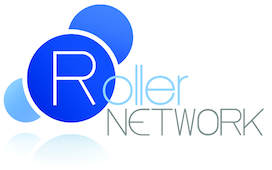With the activation of the Hurricane Electric POP in Reno, NV the time has finally come to turn down our transit connection to AS20115 Charter/Spectrum. We’ve given our required 30 day termination notice to Charter/Spectrum effective today, April 9, for a end of service date of May 10, 2019.
In the meantime, our routing policy for AS20115 will change to that of a local peering type connection for data collection purposes. We’re curious how much utilization we will see if we restrict it for its last month. Incoming announcements from AS20115 will be filtered with an as-path-access-list of “permit ^20115$” and outgoing announcements will be tagged with community 20115:666 (Do not advertise outside of Charter AS). We will also move the physical connection away from the border router where our policy is one provider per router – a role now assigned to Hurricane Electric on that router – and over to our core peering router. With these filters we only expect to see about 2700 IPv4 prefixes. Charter’s IPv6 BGP session is broken again, but it’s not worth the fight to fix it so this exercise will be IPv4 only.
While we would like to maintain a regional peering connection with Charter/Spectrum, our previous account reps were not able to understand our needs (and our customer’s needs) to successfully negotiate a renewal for interconnection and peering over simply “buying internet”, the latter of which is no longer interesting to us as a colocation datacenter operator.
UPDATE: Effective 4/10/2019, AS20115 has been moved to our core peering router where it will remain until it’s shut down for good.
UPDATE 2: As soon as our Any2 peering port is ready we will remove our connection to Charter/Spectrum. (5/7/2019)
UPDATE 3: Shut down BGP to AS20115. (5/8/2019)
UPDATE 4: Our port to AS20115 Charter/Spectrum is now unplugged and cross connects removed: disconnect complete. (5/8/2019)
